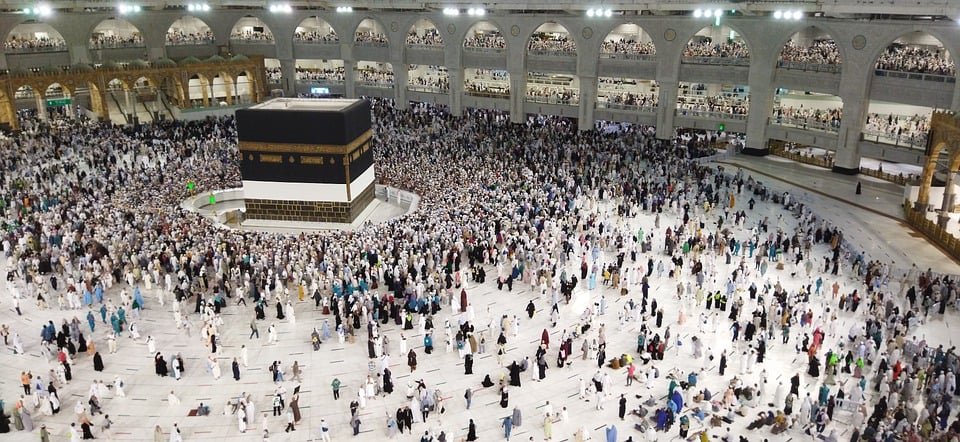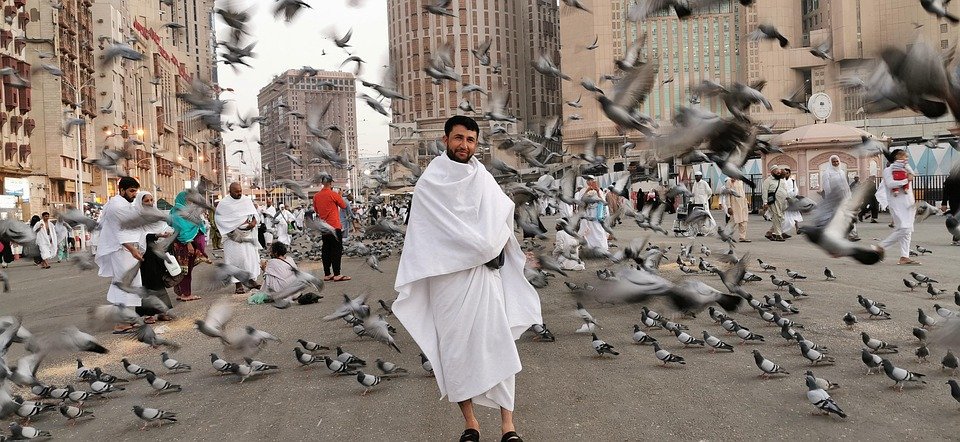Do’s & Don’ts of Ramadan: Your Essential Guide
If you’re looking for a clear, practical guide on the do’s and don’ts of Ramadan, you’ve come to the right place. Ramadan is a sacred month for Muslims, filled with blessings and spiritual growth, but it can also be confusing if you’re unsure about what’s allowed and what’s not. In this article, I’ll walk you through the key do’s and don’ts of Ramadan so you can make the most of this holy time. Whether you’re a new Muslim, a revert, or just want a refresher, I promise this guide will help you observe Ramadan the right way—without any guesswork.
At Hajj2026.org, we’ve been helping Muslims with Islamic travel and guidance since 2016—that’s nearly a decade of experience! I feel confident in saying that our team knows the ins and outs of Islamic practices, especially when it comes to Ramadan, Umrah, and travel to Makkah and Madinah. In my opinion, reliable information makes all the difference, and that’s exactly what we provide. So, if you want trustworthy advice on the do’s and don’ts of Ramadan, stick with us—we’ve got you covered!
Do’s and Don’ts of Ramadan: Essential Tips for a Blessed Month
Ramadan is a sacred month for Muslims worldwide, filled with spiritual growth, self-discipline, and community bonding. Whether you’re observing it for the first time or have been fasting for years, knowing the right practices can make your experience more meaningful. Below, I’ll share some essential do’s and don’ts to help you make the most of this holy month.
At Hajj2026.org, we’ve been assisting travelers with Umrah and visits to Makkah and Madinah since 2016. With nine years of experience, we understand the importance of spiritual journeys. While we don’t directly provide Hajj and Umrah services, we connect you with trusted tour operators to ensure a smooth and blessed trip.
Do’s of Ramadan
1. Start Your Day with Suhoor
Suhoor, the pre-dawn meal, is a sunnah (tradition of the Prophet Muhammad ﷺ) and provides the energy you need for fasting. I think skipping it makes fasting much harder, especially during long summer days. Include slow-digesting foods like oats, whole grains, and proteins to keep you full longer.
Drinking enough water is also crucial. Dehydration can lead to headaches and fatigue, making it difficult to focus on prayers and daily tasks. A balanced suhoor helps maintain stamina, so don’t rush it—take your time to eat mindfully.
2. Increase Your Acts of Worship
Ramadan is the perfect time to strengthen your connection with Allah. Reading the Quran, performing extra prayers (Taraweeh), and making sincere dua (supplication) are highly rewarding. I feel that setting small, achievable goals—like finishing a portion of the Quran—keeps motivation high.
Charity (Sadaqah) is another beautiful practice. Helping those in need, even with a small donation, brings immense blessings. The Prophet ﷺ was especially generous in Ramadan, and we should follow his example. Acts of kindness, big or small, make this month even more special.
3. Maintain Good Manners and Patience
Fasting isn’t just about avoiding food—it’s about controlling anger, avoiding gossip, and being kind. Losing your temper or speaking harshly can diminish the rewards of your fast. I believe patience is one of the greatest lessons Ramadan teaches us.
Treating others with respect, forgiving those who wronged you, and spreading positivity create a peaceful environment. A smile, a kind word, or helping someone can be just as valuable as fasting itself. Let’s make this month about self-improvement in every way.
4. Break Your Fast with Dates and Water
The Prophet ﷺ broke his fast with dates and water, and this tradition holds wisdom. Dates provide instant energy, while water rehydrates the body gently. I think rushing into heavy meals right after iftar can cause discomfort and sluggishness.
Start with a light meal, pray Maghrib, and then have a balanced dinner. Overeating can make you feel tired instead of refreshed. Eating slowly and mindfully helps digestion and keeps you energized for night prayers.
Don’ts of Ramadan
5. Don’t Waste Time on Unproductive Activities
Ramadan is a month of blessings, and wasting time on excessive TV, social media, or idle talk can distract from its true purpose. Instead of binge-watching shows, I feel it’s better to engage in Quran recitation, dhikr (remembrance of Allah), or spending time with family in meaningful ways.
Evening gatherings are great, but they should be uplifting. Avoid gossip and negative conversations. Every moment in Ramadan is precious—let’s use it wisely.
6. Avoid Overeating at Iftar
It’s tempting to indulge after a long fast, but overeating can lead to bloating and fatigue. I think eating in moderation is key to staying active for prayers and worship. Heavy, fried foods may taste good but can slow you down.
Instead, opt for nutritious meals with vegetables, lean proteins, and whole grains. Your body will thank you, and you’ll feel lighter and more focused for Taraweeh prayers.
7. Don’t Neglect Your Health
Some people push themselves too hard, skipping sleep or ignoring health issues just to keep fasting. If you’re ill, traveling, or have a medical condition, it’s okay to break your fast and make it up later. I believe taking care of your body is also an act of worship.
Staying active with light exercises, getting enough rest, and listening to your body’s needs are important. Ramadan should rejuvenate your soul—not exhaust you.
Final Thoughts
Ramadan is a beautiful opportunity for spiritual growth and self-discipline. By following these do’s and don’ts, you can make the most of this blessed month. Whether it’s through worship, kindness, or mindful eating, every small effort counts.
If you’re planning a spiritual journey to Makkah or Madinah, Hajj2026.org has been guiding travelers since 2016. While we don’t organize Hajj or Umrah directly, we connect you with reliable tour operators for a seamless experience. May this Ramadan bring you peace, blessings, and closeness to Allah!

